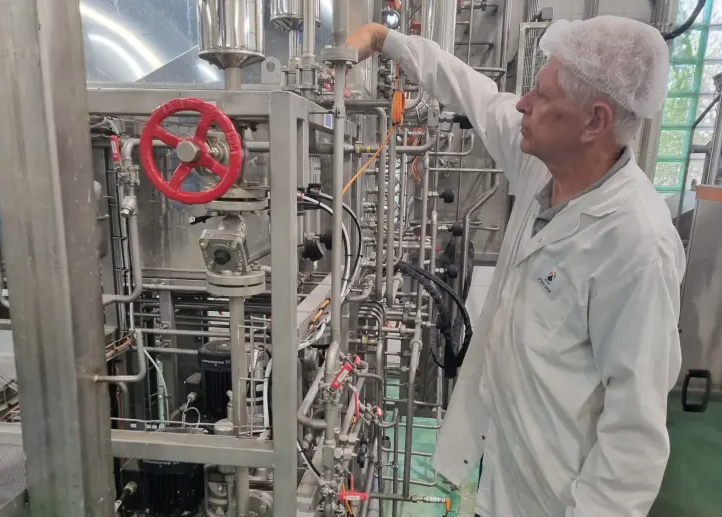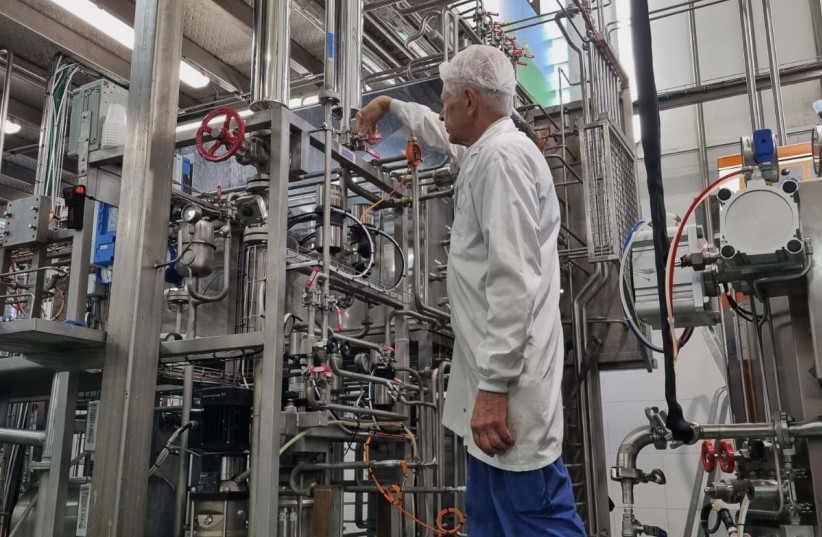
More and more Israelis are moving away from animal-based protein sources, and Tnuva aims to “to lead the field while facilitating the products’ accessibility to the wider public.”
Tnuva, Israel’s largest manufacturer of food, announced on Tuesday that it plans to open up a new research and development (R&D) center entirely dedicated to alternative protein.
More and more Israelis are moving away from animal-based protein sources, and Tnuva aims to “to lead the field while facilitating the products’ accessibility to the wider public in Israel and around the world,” according to Haim Gavrieli, Chairman of Tnuva Group.
“To date, approximately NIS 40 million have been invested by all the partners, and presently eight start-ups are operating in the incubator, expected to grow to about 40 start-ups in the next few years.”
Tnuva Group CEO Eyal Malis
Over the past year, Tnuva has established an investment arm called Tnuva NEXT, through which it contributes to the “complete ecosystem of the foodtech industry,” explained Tnuva Group CEO Eyal Malis. “[Tnuva] invests through the CVC fund ‘Tnuva NEXT’ in several ways: Directly in start-ups, and through leading partnerships like the “Fresh Start” Foodtech Incubator in Kiryat Shmona in northern Israel, that was established with support from the Israel Innovation Authority, together with companies like Tempo, the investment platform OurCrowd, and the investment fund Finistere, which specializes in food and agriculture.
“To date, approximately NIS 40 million have been invested by all the partners, and presently eight start-ups are operating in the incubator, expected to grow to about 40 start-ups in the next few years,” Malis continued.
A step toward alternative protein options
 Tnuva’s research and development center. (credit: TNUVA PRESS SPOKESPERSON)
Tnuva’s research and development center. (credit: TNUVA PRESS SPOKESPERSON)Pnina Sverdlov, Manager of the R&D and Projects Division of Tnuva added, “With dozens of product launches a year, we have the most advanced infrastructures, capabilities, and knowledge in all categories to move Tnuva and its partners forward to the technological forefront in the alternative protein field.
Sabradalov explained that the research and development center in Rehovot will be researching alternative products and materials from which to make “meat alternatives, based on plant-based protein, milk alternatives, cultivated meat, and cultured milk, fish and eggs.”